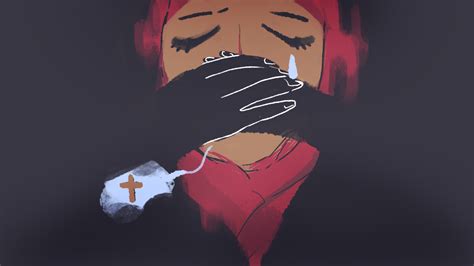The year 2024 brought immense pain and suffering to countless women in Pakistan. Over 5,112 cases of gender-based violence were reported nationwide, revealing the widespread and deeply entrenched nature of this crisis. These figures are more than numbers; they reflect the lives of women and girls who faced unimaginable pain. In December alone, 554 cases were recorded, a stark reminder that this problem is far from resolved. Every day of the year, women were subjected to violence, with many suffering in silence, unable to access justice or support.
For many women in Pakistan, safety remains out of reach. Danger lurks in their homes, workplaces, and streets, leaving them vulnerable to constant danger. The violence takes a devastating physical and emotional toll, scarring victims for life. Despite the gravity of the problem, weak systems and societal indifference allow the abuse to persist unchecked.
The Numbers Speak Volumes
Sahil, a non-governmental organization, collected data from 81 newspapers across all provinces, as well as Islamabad Capital Territory (ICT), Azad Jammu and Kashmir (AJK), and Gilgit-Baltistan (G-B). The details are alarming:
- 1,273 murders
- 799 abductions
- 579 cases of torture
- 533 rapes
- 380 suicides
Among the victims, 5% were children under 18 years old, while 95% were adults. Young women aged 21-30 faced the greatest risks. Tragically, 33% of the perpetrators were acquaintances, 14% were husbands, and 10% were strangers, showing that danger often comes from those closest to the victims.
A Bleak Provincial Divide
The provincial data exposes a deep divide in reporting and response:
- 73% of cases came from Punjab.
- 15% from Sindh.
- 8% from Khyber Pakhtunkhwa (K-P).
- 2% from ICT, Balochistan, AJK, and G-B combined.
Punjab, once again, emerges as the epicenter of gender-based violence. However, the low reporting numbers from regions like Balochistan and G-B suggest underreporting, not a lack of incidents. Victims in these areas often remain silent due to stigma and lack of resources.
Minority Women Bear the Heaviest Burden
For Pakistan’s religious minorities, the situation is even worse. Women from Hindu, Christian, and other marginalized communities face double discrimination—targeted for both their gender and faith. They live in constant fear, often without any hope of justice. Their stories are silenced in a system that fails to protect them.
The System Keeps Failing
These statistics expose the government’s failure to protect women and minorities.
- Weak Law Enforcement: While laws against gender-based violence exist, their enforcement is patchy at best. Victims face delays, negligence, and even hostility when they attempt to report crimes.
- Lack of Support Systems: There are too few safe shelters, counseling services, and legal aid options for survivors. Many women and families feel abandoned by a system that should be protecting them.
- Cultural Barriers: Patriarchal norms and societal stigma deter women, especially from minority groups, from coming forward. Victim blaming and shaming remain rampant.
These statistics are not just numbers—they represent lives destroyed by violence and neglect. Women and minorities in Pakistan deserve better. They need a government that listens, a society that protects, and a system that delivers justice.
